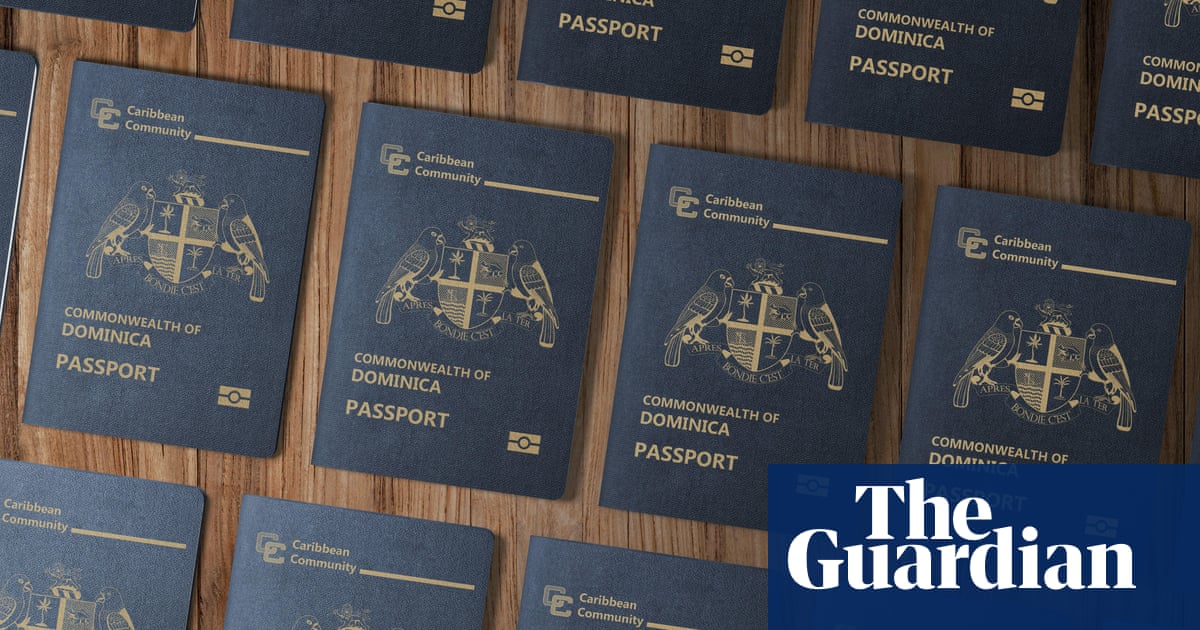
Cheaper Jacob’s Creek and Hardys wines, Tim Tams and surfboards for Britain, cut-price Scotch, cars and clothing for Australia. While things might not be going so well for the England cricket team in Australia, the UK government is talking up Anglo-Aussie relations.
Almost six months on from an agreement in principle, the UK and Australia have signed a free trade deal described as “historic” for its status as the first negotiated from scratch since leaving the EU.
Ministers expect the deal to unlock £10.4bn of additional trade, saying it will boost Britain’s economy, increase wages and eliminate tariffs on 100% of UK exports. For a government under as much pressure as England’s toiling batsmen, it’s a rare bit of good news to talk about while everything else looks a bit grim.
In economic terms, however, the agreement is expected to cut prices of Australian products in British shops by little more than a pound a year per household, and had been expected to add just 0.02% to the size of the UK economy over 15 years by the government’s own admission. Updated estimates released by the international trade department on Friday – using a refreshed modelling approach and accounting for the finer details of the deal agreed in principle – suggest it could now be worth as much as 0.08%. Still, it remains more golden duck than golden goose.
British farmers are concerned the deal could damage their industry, while Greenpeace has warned that UK consumers could be eating Australian beef linked to deforestation, flown across the world at a time when demands are growing for sustainable produce with fewer miles between farm and fork.
Union leaders are also concerned the deal has no effective means of enforcing labour rights, or protections for migrant workers from exploitation. The TUC warns that public services are not sufficiently protected, while there is a lack of safeguards on the usage of workers’ data and NHS data.
Advocates argue the deal does not lower standards or expose British businesses to unfair competition. Company bosses have broadly welcomed the deal, saying there are opportunities for exporters with speedier, cheaper access, as well as generous provisions on labour mobility for under-35s.
There are hopes to export more green technologies and digital services, with lower barriers to trade, opening up Australia for UK businesses and providing more choice for British consumers.
The government’s critics may say there are similar, bigger opportunities closer to home. Trade with the EU was worth more than £550bn in imports and exports last year, compared with £15bn with Australia. However, Brexit imposes barriers that will have a lasting impact.
According to the National Audit Office about 64% of total UK trade is covered by free trade deals, against the government’s aim of bringing 80% under such deals by 2022. Beyond cold hard economics however, such deals can support broader geopolitical objectives and expand Britain’s influence.
But the audit office warned the benefits were difficult to quantify, while chiding ministers for racing to sign new deals without sufficient parliamentary scrutiny.
But the deal may be crucial for the government’s trade strategy in the near future, with Australia viewed as a gateway to UK membership of the Comprehensive and Progressive Agreement for Trans-Pacific Partnership (CPTTP). Australia is a key member of this free trading area, one of the largest in the world, covering £9tn in GDP across 11 Pacific nations including Japan, Canada, Mexico, New Zealand and Vietnam. UK trade with the group was worth £111bn in 2019 and is growing fast. The deal also follows the Aukus security pact between the UK, US and Australia, under which Canberra was given access to nuclear submarine technology.
Ultimately, however, distance matters in global trade. Links such as shared language, common history and like-minded government may help, but eliminating tariffs and opening up market access will only do so much to bring Britain closer to a country on the other side of the world. And as cricket fans might know best, the middle of the night is not always the best time to do business.












